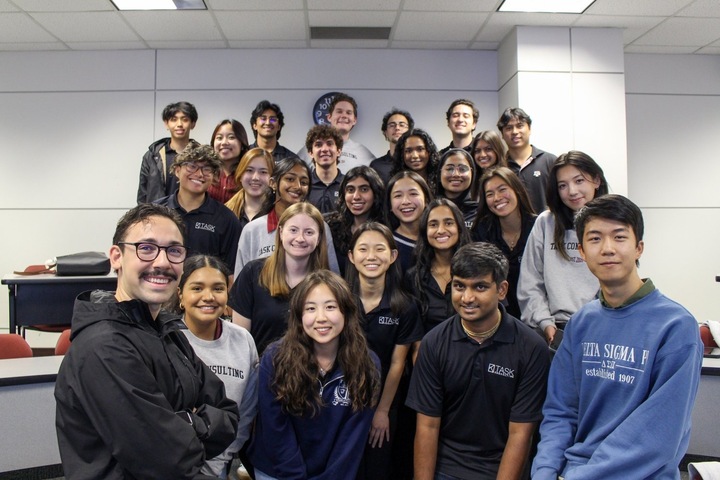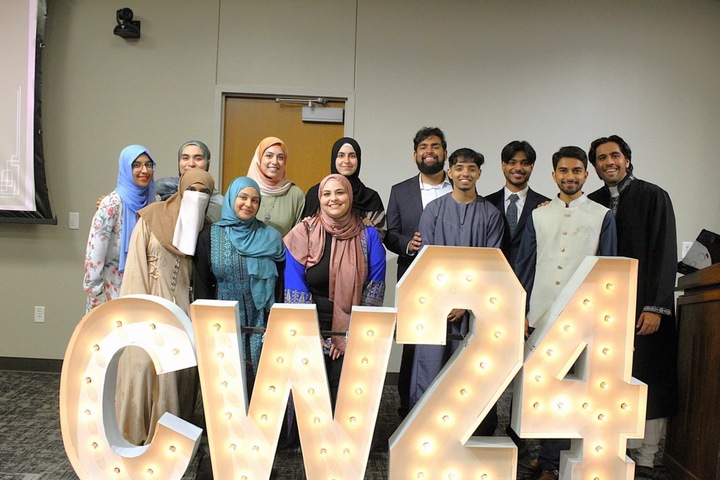China is the world’s most populous nation with 1.3 billion people and counting. For 34 years, the nation has implemented a one-child-per-couple policy that attracted both criticism
and praise.
The Confucius Institute at Texas A&M University will host “Exploring China’s One-Child Policy: Past, Present and Future” on Thursday, presented by visiting scholar Ruiwu Min.
Kelly Kleinkort, director of the Confucius Institute, said the lecture was created to provide opportunities for students, faculty and staff to gain a greater understanding of the one-child policy in China.
The lecture will focus on why China implemented these policies, its influence on the country, the side effects and the future of the policy, Min said.
The policy was put in place to reduce the cost of food and living and create a sustainable job market, Min said, and the policy has been successful in reducing the country’s population growth by 400 million since its origin in 1980.
Min said the family structure in China has changed drastically as a result of
the policy.
“There was a view of fertility in China – the more children, the more happiness you have,” Min said. “Only in the last 30 years did this change.”
Min said the policy has been changed, due in part to the current skewed gender ratio, with 117 men for every 100 females. As part of the changes, if at least one member of a couple is an only child, they may have two children.
Kleinkort said the lecture was structured to offer a non-biased approach to explain the history, aspects and effects of the policy.
“Our goal isn’t to give a political bias to the lecture, being pro or against the policy,” Kleinkort said. “We really just want to allow students to understand the history of the policy and its implications for the future.”
Heidi DeMaret, junior Spanish and international studies major, said she isn’t comfortable with the one-child policy.
“I think it’s a form of repression and expression of communism,” DeMaret said. “Even if they loosened up their restrictions, I still think it’s a limitation on the Chinese citizens’ freedom.”
DeMaret said students should attend the lecture to learn more about expressions of human rights and freedom around the world.
“I absolutely think it’s important for students to attend,” DeMaret said. “We take this one freedom of having a family for granted and we think of these types of limitations as being back in the olden days, but it’s happening right now in the world.”
Adolfo Cardena, junior Spanish major, said the policy is an effective way to solve the country’s overpopulation problem, despite the potential issues the policy faces.
“Due to the overpopulation of China right now, I think the policy is exactly what China needs,” Cardena said.
Cardena said regardless of a student’s personal opinion on the policy, everyone could benefit from attending the lecture.
“We need to realize that the United States is not the only country in the world,” Cardena said. “We need to have a good idea of the world politics in other countries. That way you’re well informed and knowledgeable of the world around us.”
The lecture will be from noon to 1 p.m. Thursday in the J. Wayne Stark Gallery in the Memorial Student Center.
Speaker to clarify changes to China’s 1-child policy
March 19, 2014
0
Donate to The Battalion
$2065
$5000
Contributed
Our Goal
Your donation will support the student journalists of Texas A&M University - College Station. Your contribution will allow us to purchase equipment and cover our annual website hosting costs, in addition to paying freelance staffers for their work, travel costs for coverage and more!
More to Discover









